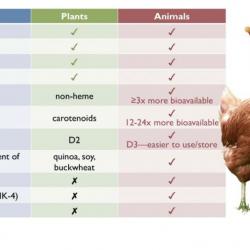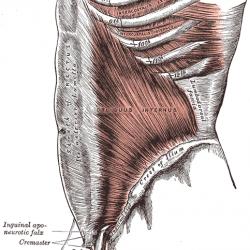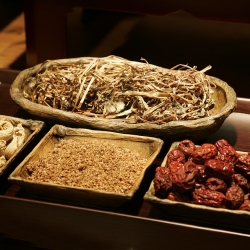5 Bad Habits Your Smile Wants You to Break
From creating mood-boosting endorphins to reducing blood pressure, there are many reasons why it pays to get in the habit of smiling more often. But when it comes to habits, some aren’t always great for your smile—and may put you in a position where you’re not as likely to show off your pearly whites. Whether you want to embody success during work presentations or charm friends at social events, here are seven bad behaviors you might consider breaking to build a better smile.
Treating Teeth as Tools
Tooth enamel is the hardest substance in the human body, but it isn’t indestructible. In addition to being vulnerable to acids—such as those produced by plaque—teeth can be harmed when they’re used as tools. For example, regular nail-biting exerts enough pressure to misalign your jaw and chip enamel. Using your teeth to open packages can have a similar effect.
Next time you feel the urge to use your teeth for something other than their intended purpose, opting for the proper tool—such as a nail trimmer or pair of scissors—can help save your smile from harm.
Brushing Too Soon, Too Hard
Brushing for two-minute periods twice a day is critical to fighting cavity-causing plaque. But while dental hygiene is important, tackling the task improperly can have negative results.
When you brush right after you eat, for instance, you are intensifying the acidic reaction in left-behind food particles. This can weaken your enamel and leave you more susceptible to cavities. If you wait 30 minutes after snacking, the acids will neutralize and leave your teeth safer to brush.
Similarly, you should also avoid applying too much pressure when you brush, as this behavior can wear away at enamel and gum tissue. If you feel sensitivity when you brush or spot receding gums when you smile, check with your dentist to see what pressure you should apply with the toothbrush. You can also achieve an effective clean without harming your smile by switching to an electronic or soft-bristled brush.
Hanging Up on Hydration
By keeping your body hydrated, you’ll be able to produce enough saliva to neutralize harmful acids in your mouth. Drinking water often also helps rinse away lingering food particles that can get stuck on teeth.
If you have trouble hydrating on a regular basis, consider carrying a large bottle of water with you, so that you’ll always have a convenient sip on hand. Setting reminders on your phone can also help you stay conscious of how much water you’re drinking.
Overindulging in Alcohol
While water is a great beverage for your smile, alcohol isn’t. Like coffee and soda, many alcoholic beverages—such as wine—contain tannins that can discolor teeth and dampen your smile’s brightness. Alcohol also contains acids that can harm enamel.
Even if you drink sparingly, it’s a good idea to consume a glass of water afterward to help counter the effects of alcohol. If you have trouble limiting your alcohol intake, you might also consider professional help to recover from a possible dependency. Entering a 30-day inpatient addiction program, for instance, can help you learn to live a healthy life without alcohol with the support of trained staff.
Passing Up on Protection
If you play contact sports, your mouth is always at risk for roughness. Catching a ball or an elbow to the face, for instance, can be enough to break or knock out a tooth. If you want to avoid a gap in your smile—and expensive reconstructive dentistry—it’s best to wear a custom mouthguard to protect your teeth any time you engage in hazardous physical activities.
Protection might also be necessary if you have a habit of grinding your teeth. Referred to as bruxism, teeth-grinding is a practice that can push teeth out of alignment, as well as wear down enamel. During the day, grinding can be eased by chewing on sugar-free gum or practicing stress-busting activities, such as meditation or rhythmic breathing. If you grind at night, however, your dentist may recommend a custom nightguard that will pad your enamel from abrasion while you sleep.
Remember, building a better smile shouldn’t be a solo effort. By visiting your dentist for bi-annual checkups you can catch potential problems early on and discover safe solutions to protect your teeth. Professionals can also introduce you to teeth whitening, realignment, and reconstructive treatments to repair any damage that bad habits may put on your smile.
More to Read:
Previous Posts:







